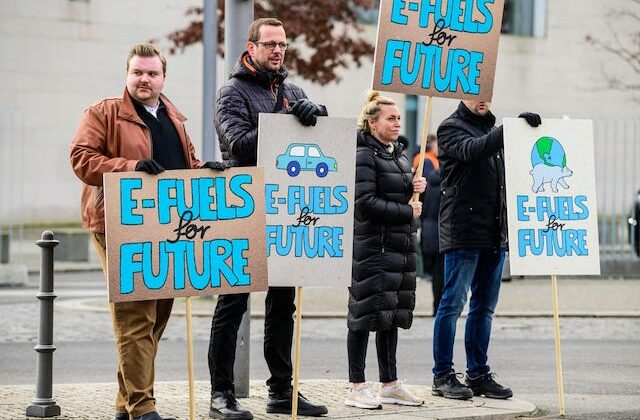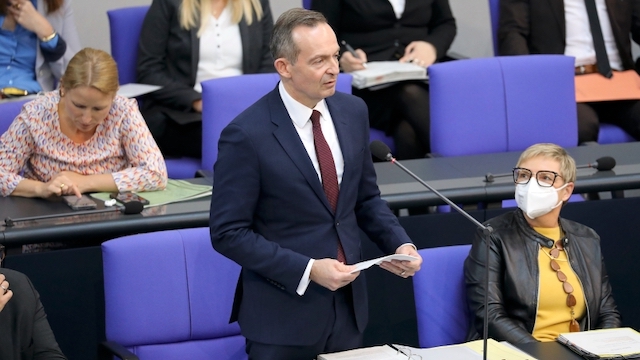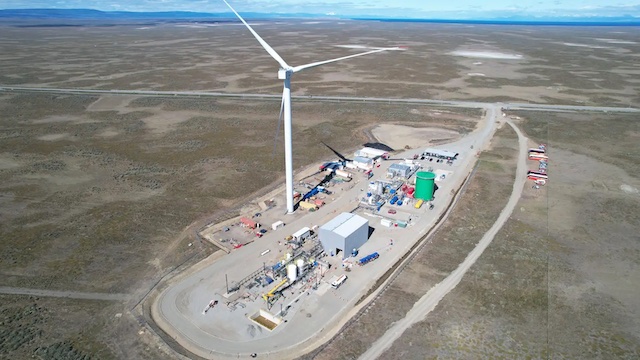
Germany and Italy have delayed a vote by European Union partners to ban new petrol and diesel cars from 2035. Both countries want exemptions for synthetic e-fuels to protect their powerful auto industries.
The setback for the EU underlines the political clout of the car lobby across Europe and its fears that ambitious carbon-neutral goals will be costly to jobs.
The vote last week was seen as a formality, until the last-minute revolt. Italy’s deputy prime minister Matteo Salvini cheered the delay, telling news agency Reuters: “The voice of millions of Italians has been heard.”
The car industry in Germany has more than 900,000 employees, according to EU figures. The Volkswagen Group alone has around 660,000. Italy’s auto companies have more than 270,000. Directly and indirectly, around 13 million people work for the industry in Europe.

The plans to prevent the sale of new cars from 2035 unless they emit zero emissions were agreed in principle last year and approved by the European parliament earlier this month. However, they still require final approval from member states and cannot ultimately pass without Berlin’s backing.
The revolt has led to a split within German Chancellor Olaf Scholz’s government, with his FDP coalition partners agitating for the EU’s plans to be loosened.
Volker Wissing, the FDP transport minister, told Germany’s ARD radio: “It is contradictory when the EU Commission calls for high climate protection targets on the one hand, but on the other hand makes it more difficult to achieve these targets through overambitious regulation. We need e-fuels because there is no alternative to operating our existing fleet in a climate-neutral manner.”
Porsche, part owned by VW, has long called for clean fuels that would allow it to sell its sports cars and SUVs for years to come, while Italy’s Ferrari has refused to set an end date for making supercars with engines.

Porsche late last year ran a 911 model on the first supply of e-fuel from its wind turbine plant in Punta Arenas, Chile, which it jointly built with German industrial giant Siemens. E-fuels are heavily dependent on splitting water into its component elements: hydrogen and oxygen.
To be done effectively, the electrolysis requires a lot of cheap electricity, provided in Chile by the constant, high winds. Punta Arenas is said to be the windiest area in South America.
Germany’s Bosch, which supplies engine systems to carmakers all over the world and is regarded as a laggard in battery technology, has also lobbied for synthetic fuels to be considered “clean” technology by regulators.
E-fuels, often considered “carbon neutral”, can be used in normal combustion engines, thus prolonging the life of traditional car manufacturing industry.
